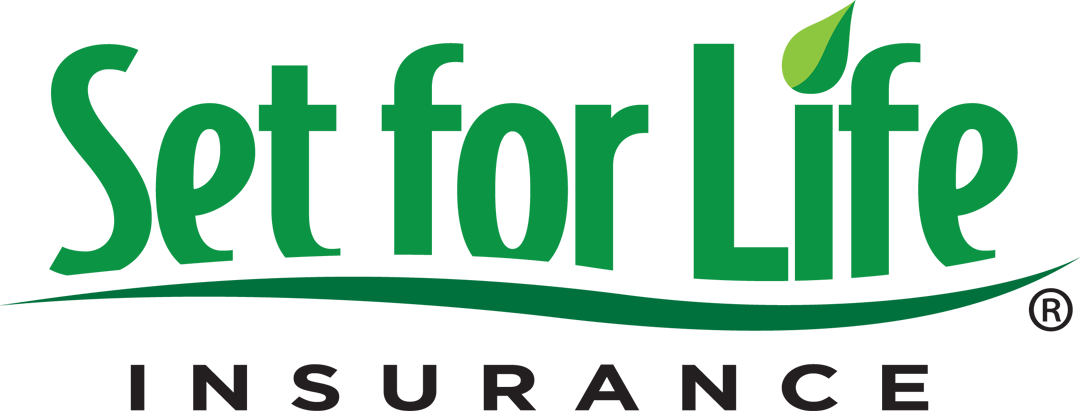By CRISTINA LOUROSA-RICARDO, Wall Street Journal
Having enough life and disability insurance should be a key element of your personal financial game plan.
Hopefully, with some advance planning, you can collect life and disability insurance proceeds free of taxes. Here’s how.
Life Insurance: The main reason most people have life insurance is to replace income that would be lost if they die prematurely. Life-insurance death benefit payments can generally be received by beneficiaries free of any federal income tax (and usually free of state income tax, too).
But the benefit payments still may be subject to the federal estate tax. If the tax rules treat you as the owner of a policy on your own life, the death benefit is included in your taxable estate — unless the money goes to your surviving spouse, and he or she is a U.S. citizen. When death benefits go directly to a nonspouse policy beneficiary, such as a child or sibling (even without passing through your estate), the money is included in your taxable estate.
The solution is to set up an irrevocable life-insurance trust to own the policy. The trust then pays the premiums, and the death benefits go to whomever you name as the trust’s beneficiaries. Your estate is out of the picture.
There are a few complexities with this strategy, however, so hire an experienced estate-planning professional to get the job done right.
Disability Insurance: Long-term disability coverage protects you against lost earnings during any lengthy period out of work because of a disability. The catch? Most long-term disability, or LTD, policies limit benefits to 60% or 70% of earnings before income taxes.
That’s generally OK as long as you don’t have to pay income taxes. But if you do, you’re probably going to lose 30% to 40% (or more) to federal and state taxes.
LTD benefits are generally income-tax-free when you, rather than your employer, pay the premiums. But if your employer pays the premiums as a tax-free fringe, LTD benefits will be fully taxable to you. The same is true if you set aside part of your salary pretax to pay the premiums.
If LTD benefits would be taxable because your employer is paying the premiums, the preferred solution is to arrange for the premiums to be paid with aftertax dollars through withholdings from your checks.
The other alternative is to buy a supplemental LTD policy.
Commentary by Jamie Fleischner
If you already have group benefits in force, there are many benefits to supplementing your coverage with an individual disability policy:
- Individual disability insurance benefits are non-taxable.
- Individual disability insurance benefits are portable and you may take it with you when/if you leave your employer.
- Individual disability benefits may have a more comprehensive definition of disability. With an own occupation policy, you may be more likely to receive benefits if you do not qualify for a total disability definition.
For more information about disability insurance and to request a quote, contact Set for Life Insurance today!



